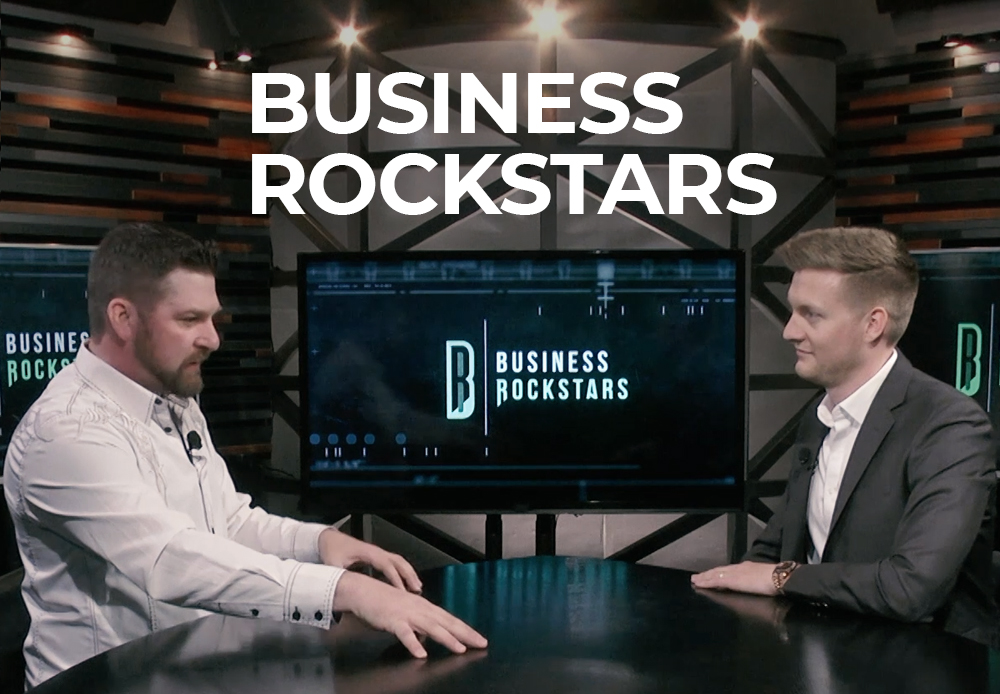ROOKIE ANGEL INVESTOR? YOU NEED TO READ THIS.

- Equity, Investing, Wealth
So, you’ve built wealth, you’ve acquired a ton of knowledge from your start-up years, and now you see an opportunity to help others. You want to help others achieve your level of success and then some. You can do that by adding another title behind your name: Angel Investor. Read on to find out everything you need to know about being a Rookie Angel Investor.
What is an “Angel Investor”? You’ve heard of investors, and you’ve heard of donors. Angel Investors are somewhere in between. Confusing these three categories, or not having enough operational clarity around them, is commonly seen amongst rookie investors, and can lead to serious missteps with hard-to-rectify consequences. I don’t want you to make that mistake, so let’s start with the basics.
“Investors will give you money, but they absolutely expect something in return.”
An investor is profit driven. If they aren’t making money off their investment at some point, they aren’t interested. Lawyers and lots of paperwork tend to be involved, and the investor will make some kind of deal with you, whether it be owning a percentage of your company, or making $1.00 from every item you sell. Investors will give you money, but they absolutely expect something in return.
In contrast, a donor gives money to a fund or a charity, typically for the benefit of a tax write-off or signage. For example, a company may donate to a charity and, in return, the donor gets their name on the wall of the conference room. You’ve seen the signs or plaques outside the doors. This Conference Room Made Possible by Company XYZ. Typically, that’s because Company XYZ donated money. Donations can be anonymous, or not, and can be in various forms, such as money, time, or goods. As a business owner, you can donate to charities, but you won’t usually donate to other businesses.
“Angel Investors are motivated by the cause…rather than the business idea itself.”
Now we come to the middle of the road: the Angel Investor. Angel Investors are motivated by the cause, or by the person leading the venture, rather than the business idea itself. Angel Investors give money and expect nothing in return; they are the most altruistic of the money-givers. Angel Investors do not expect their money back, they do not expect a portion of the company, and they do not expect accolades. Unlike traditional investing or donating, Angel Investors commit not only their funds, but their personal network, too. When you experience this shift in your professional life, the first step you need to take when deciding to become an Angel Investor is identifying your motivation.
In their due diligence, Angel Investors consider the person before the business plan. They factor in the Founder’s level of tenacity, their vision, and their ability to flex and grow as their company evolves. While typical investors care about the return on their investment and their equity share, Angel Investors are largely centered on the cause and the greater impact they can create by funding a venture.
Unlike accredited investors who need to have a net worth of at least one million dollars, or have an income of $200K for the last two years (or $300K when combined with a spouse’s income), Angel Investors enjoy complete freedom of choice and can start their investment journey without having met that financial milestone. Accredited investors have the option to invest in products that are not available to the general public, such as hedge funds and private equity deals. On the other hand, Angel Investors are motivated by ventures that solve a problem and create, at the very minimum, an impact wave in society. Angel Investors start out by funding a modest investment, typically around $300K, or they invest in a syndicate, which is a group of like-minded investors who join forces in order to back a company or a venture. Education and timing are important, and as most Angel Investors realize sooner rather than later, they should only invest what they can afford to lose. This is because, by definition, Angel Investors are not expecting to get their money back; they expect nothing in return.
Angel Investors are extremely busy, but also highly purpose-driven individuals. While they have the capital, that doesn’t mean they have the luxury of time to play their part in cause-related or innovative ventures they care about. Angel Investing gives them the ability to do so, without depleting their time or energy resources.
“You can pick and choose who you give money to.”
The best way for Angel Investors to invest is by choosing people over choosing a business plan. Most Angel Investors will also investigate, in great detail, the purpose behind the venture to determine if it aligns with their vision and their core values. You have to believe in the person, or the person and their cause. This is one of the great things about being an Angel Investor: you can pick and choose who you give money to (and how much) based on your own personal set of criteria.
As an investor, I am passionate about ventures that are based in the United States, as I feel I am contributing, being of service, and playing my part in enhancing my local community and society as a whole. Nine out of ten times, I choose to back Veteran-owned companies, as I know that I can support them not only with dollars, but also with a valuable network of contacts who can facilitate and accelerate their growth in ways that dollars alone never could.
“There are no risks.”
What about the risks, and the rewards, you ask? I’ve never done it for the money, so in my view there are no risks. There are, however, numerous rewards. Angel Investors get a great deal of satisfaction and a personal sense of accomplishment knowing that they have helped make something happen, and, more often than not, on a significant scale. Usually, the entrepreneur you invested in will keep in touch, letting you know where the business stands, what strides have been made, and how your money helped. Whatever the person, cause, or venture you are thinking of supporting, you will get to see the fruits of your investments first hand, which can be incredibly gratifying.









